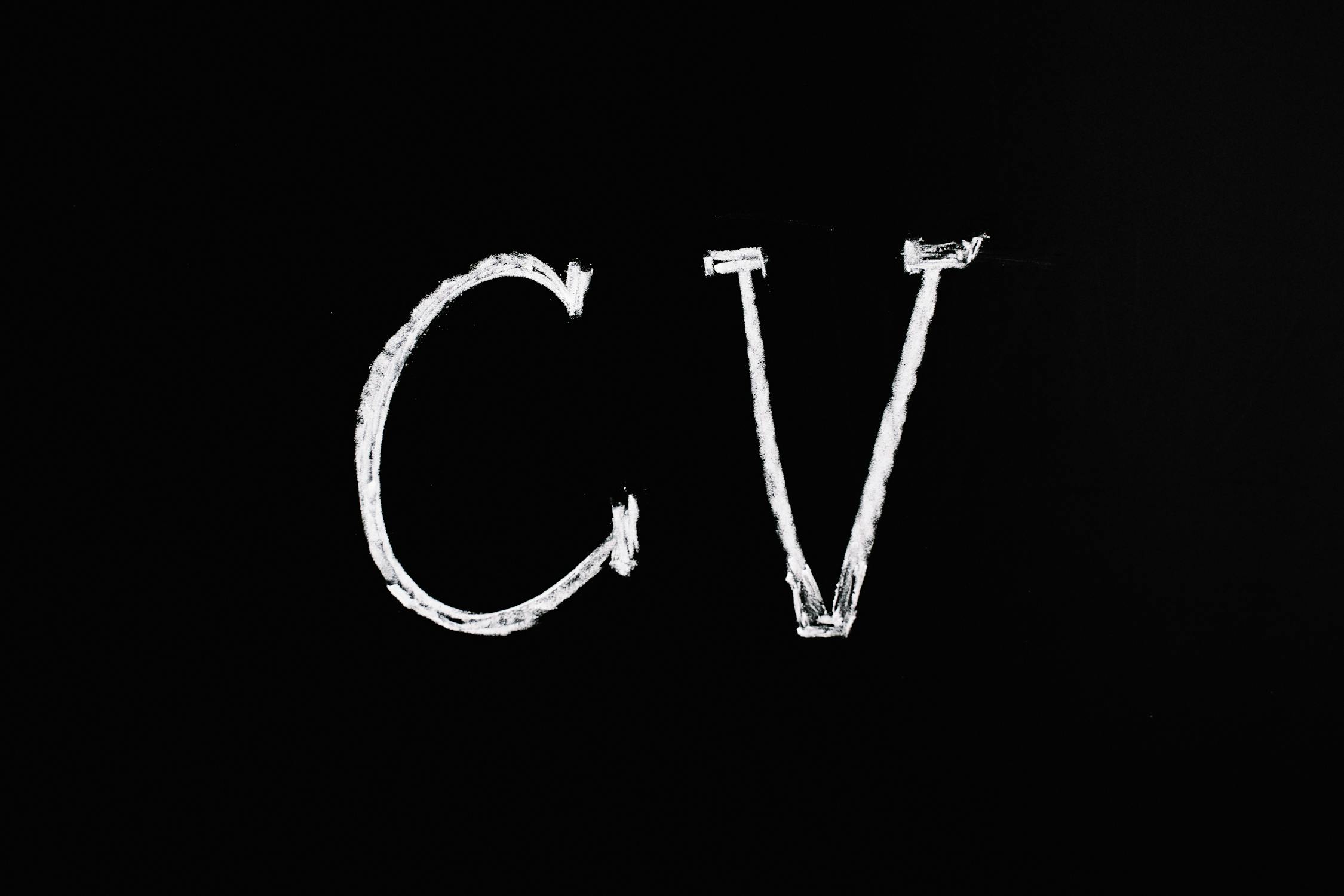Hunting for a US Tech Job as a Tech-Savvy Aspirant

I recently attended a really insightful session focused on navigating the US tech job market. As someone with a computer science background aiming to settle down in California as a Tech-Savvy Farmer, understanding this landscape is crucial for me. It's clear that getting a foot in the door isn't just about having the right code skills; there's a whole strategy involved.
The biggest takeaway for me was this: Successfully landing a tech job in the US means being strategic, building a strong personal brand, actively connecting with people, being adaptable to the culture, and staying incredibly resilient. It's a comprehensive approach that goes beyond just technical interviews.
Here’s what I learned and what I know I need to focus on:
1. Getting Crystal Clear on My Target
One of the first things I realized I need to do is get really specific about where I want to go, not just geographically (California!) but in terms of the role and company.
Why it matters: The session emphasized that being vague wastes effort. If I know the specific roles and companies ideal for me, I can focus my preparation and applications precisely. For my goal of being a Tech-Savvy Farmer, this means looking at companies or roles where tech meets agriculture or sustainability in California.
How I'll do it: I need to actively research companies look at job descriptions for positions that excite me, and understand the exact skills they're looking for.
2. Building My Professional Identity
How I present myself online and on paper is my first impression. I need to create a clear and appealing professional persona.
Why it matters: In a competitive market, my persona helps me stand out and communicate who I am and what I offer.
How I'll do it:
Creating My Persona: I need to define my professional identity – maybe highlighting my blend of tech skills and interest in agriculture/sustainability.
Hardskill Matching: This is where my CS background is key. I need to look at job descriptions from Indeed or LinkedIn, and make sure my resume and profiles explicitly list the exact programming languages, tools, and concepts they require.
LinkedIn: I learned I need a professional shot – no casual selfies! A good headshot is important for credibility. My Summary needs to be sharp, like a mini-pitch explaining my skills and goals.
3. Making Data-Driven Decisions
As a CS student, I understand the power of data. I need to apply this to my job search.
Why it matters: Relying on data makes my decisions about where to apply, what skills to emphasize, and even what kind of roles to target much smarter and more effective than just guessing.
How I'll do it: I need to look at market data – which tech skills are most in demand in California right now? What are the salary ranges? Are there growth areas related to agri-tech? This data will help me weigh my options, including how a Minor Subject or specific specialization might impact my chances.
4. Understanding and Using Small Talk
This was a point that really stood out because it feels very cultural. Small talk isn't just random chat; it's part of the work environment.
Why it matters: The session highlighted that Small talk is a part of US team culture. It helps build rapport and makes interactions smoother. It contributes to more transparency because people feel more comfortable communicating openly. I need to Gain more small talk ability because it's not just a 'nice-to-have,' it's a component of professional interaction. I might even need to Fight for that open communication style in a team.
How I'll do it: I need to practice and become more comfortable with casual conversation. Observing how people interact in professional settings (even online) will be helpful.
5. Asking for Feedback Early
I learned the importance of not waiting too long to ask for feedback.
Why it matters: If I get feedback early, like during an internship and not before the end, I have time to actually improve and show that I can act on constructive criticism. It demonstrates proactivity.
How I'll do it: If I get an internship or project opportunity, I plan to ask my supervisor or team lead for feedback after a few weeks to see how I'm doing and where I can get better.
6. Connecting with Professors and Asking for Advice
Relationships are a significant asset.
Why it matters: References do matter. My professors know my academic work and character. They can be valuable resources. I also learned a great strategy: If you ask for a job, you will get advice. If you ask for advice, you may get a job. Asking for advice is a less pressured way to connect with people in my target field.
How I'll do it: I need to actively connect with my professors, build those relationships, and keep in touch. When I reach out to people on LinkedIn or at events, I should focus on asking for their insights and advice about their career path or the industry.
7. Developing Resilience and Speaking Up
The job search won't always be smooth, and I need to be mentally prepared.
Why it matters: I know I'm gonna get failed sometimes – rejections are part of the process. Developing Resilience is key to keeping going. Also, I heard something blunt but important: If you don't say something, they think I am dumb. This isn't about being unintelligent, but about showing engagement. Asking questions shows you're thinking and trying to understand.
How I'll do it: I need to view rejections as learning experiences, not personal failures. I will remind myself to keep applying. In professional settings, I need to overcome any hesitation and speak up, whether it's asking a clarifying question or contributing an idea.
8. Prioritizing US Experience
Gaining experience in the US is a significant advantage.
Why it matters: USA Experience would be more valuable to US employers. It shows I understand the local work environment and potentially have a local network.
How I'll do it: I need to actively look for opportunities like internships, projects, or potentially even volunteer roles in the US. Even thinking about using every avenue available to gain this experience is important for me.
This session gave me a clear roadmap. It's not just about perfecting my code, but about strategically positioning myself, building connections, and being mentally tough. My goal of being a Tech-Savvy Farmer in California feels more achievable now that I understand these crucial steps in navigating the US tech job market. Now, it's time to put this plan into action!
Shayne also shared his thought through a post talks about this session. More detail vividly left in that. Check that out too!


